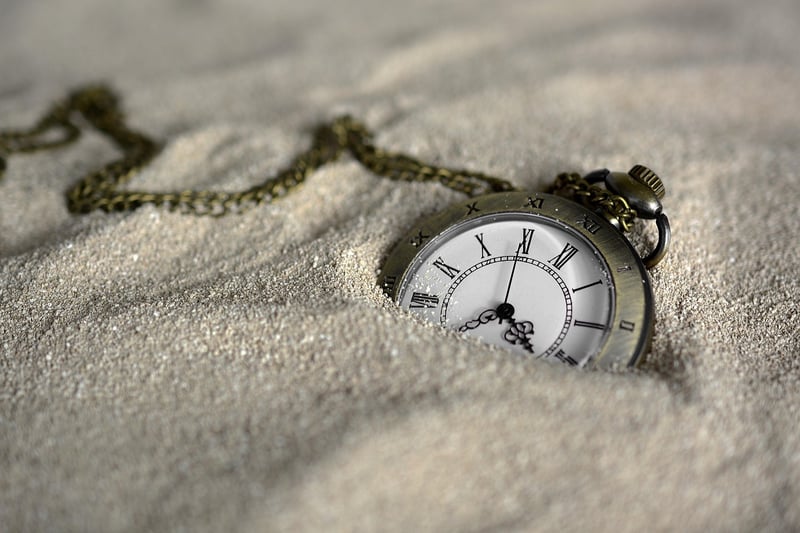Future Predictions
Exploring the Concept of Documenting Time and Making Future Predictions
Time, a concept that has intrigued humanity for centuries, is a fundamental aspect of our existence. From ancient sundials to modern atomic clocks, humans have always sought to measure and document time to make sense of our world and predict the future.
The History of Timekeeping
Throughout history, different civilizations have developed various methods to track time. The ancient Egyptians used obelisks to track the movement of the sun, while the Greeks relied on water clocks. The invention of mechanical clocks in the Middle Ages revolutionized timekeeping and paved the way for precise measurements.
Modern Timekeeping
Today, we have atomic clocks that are accurate to within a billionth of a second. These clocks form the basis of Coordinated Universal Time (UTC), the standard for timekeeping worldwide. Advances in technology have also led to the development of atomic clocks in satellites, enabling precise GPS navigation.
Documenting Time
Documenting time is essential for various fields, including science, astronomy, and everyday life. Scientists use precise time measurements to study phenomena like gravitational waves and the behavior of atomic particles. In astronomy, precise timestamps help us track celestial events with accuracy.
Future Predictions
By analyzing patterns in historical data and current trends, researchers and experts can make future predictions in various areas. Weather forecasting, stock market analysis, and demographic projections are just a few examples where predicting the future is crucial.
Challenges and Limitations
While we have made significant progress in documenting time and making predictions, there are still challenges and limitations. Factors like unexpected events, human behavior, and technological failures can affect the accuracy of predictions. It's essential to consider uncertainties and constantly refine our methods.
The Future of Timekeeping
As technology continues to advance, we can expect even more precise methods of timekeeping and prediction. Quantum clocks, based on the principles of quantum mechanics, show promise for unprecedented accuracy. The integration of AI and big data analytics may also enhance our ability to make reliable predictions.
Conclusion
Documenting time and making future predictions are integral to our understanding of the world and shaping the future. By leveraging cutting-edge technology and refining our methods, we can unlock new possibilities and overcome challenges in the quest for precision and foresight.

Explore more about time and predictions to delve deeper into this fascinating realm of human knowledge and exploration.
